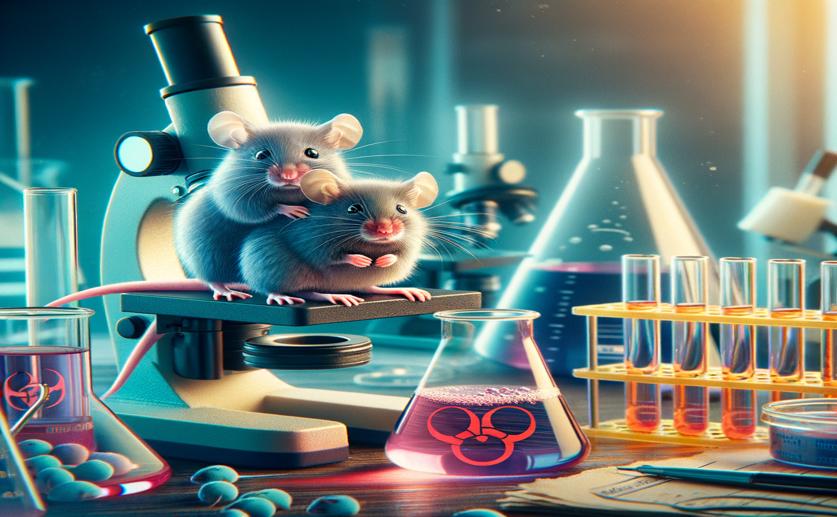
Endosulfan Causes Reproductive and Genetic Damage in Male and Female Mice
Greg Howard
23rd May, 2024

Image Source: Natural Science News, 2024
Key Findings
- The study by Mahavir Cancer Sansthan investigated the effects of endosulfan on Swiss albino mice
- Endosulfan caused significant degeneration in the reproductive tissues of both male and female mice
- The study found genetic abnormalities and hormonal imbalances, indicating potential reproductive health risks
References
Main Study
1) Endosulfan induces reproductive & genotoxic effect in male and female Swiss albino mice
Published 22nd May, 2024
https://doi.org/10.1186/s42826-024-00208-4
Related Studies
2) Agriculture Development, Pesticide Application and Its Impact on the Environment.
3) Endosulfan-induced cardiotoxicity and free radical metabolism in rats: the protective effect of vitamin E.
Journal: Toxicology, Issue: Vol 202, Issue 3, Oct 2004
4) Analysis of Y chromosome microdeletion in 1738 infertile men from northeastern China.



 18th May, 2024 | Jenn Hoskins
18th May, 2024 | Jenn Hoskins